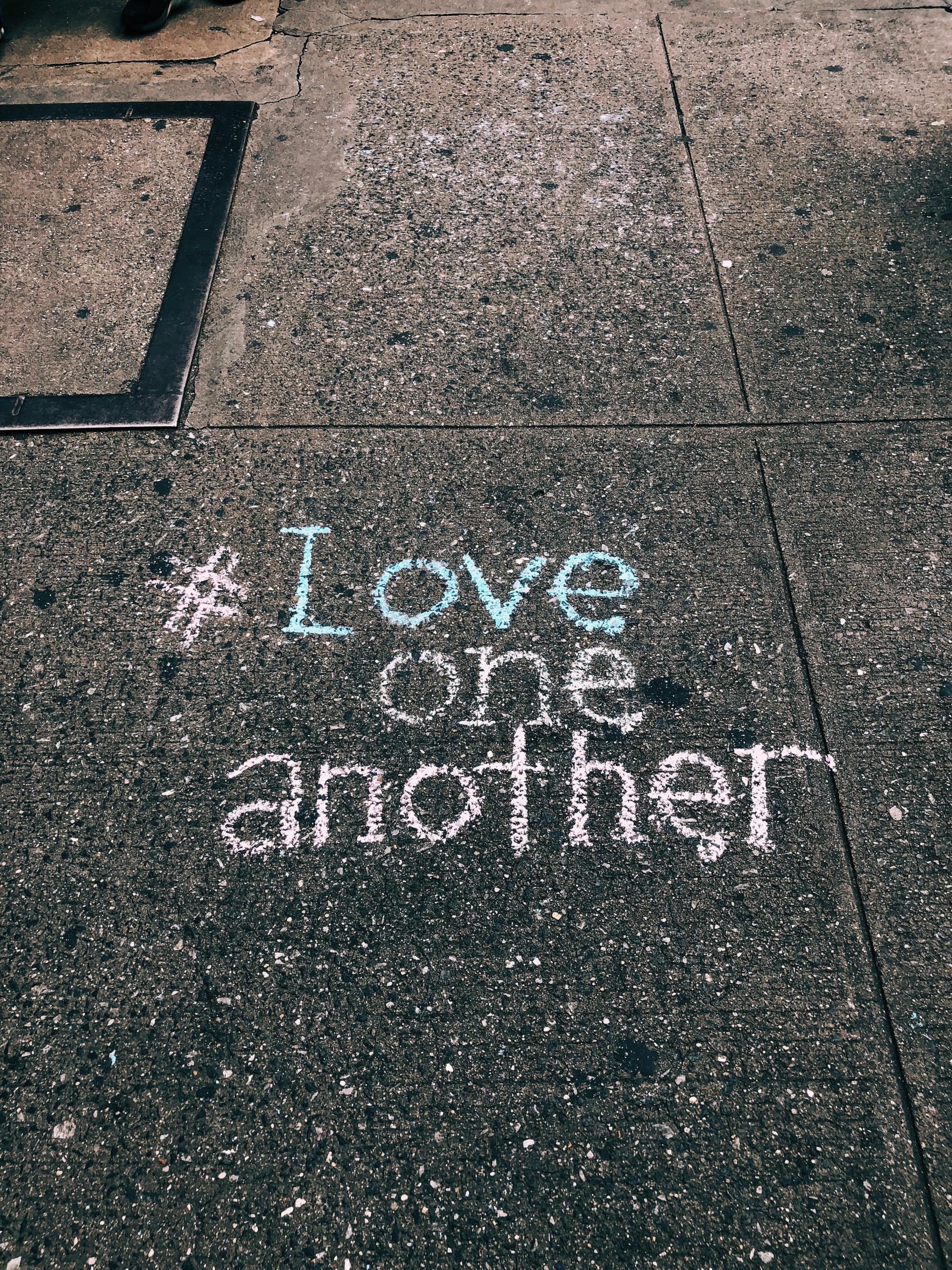By Rebecca Clancy
•
August 3, 2022
Pharaoh, King of Egypt, enslaved the People of Israel. It was not out, as you might assume, out of cruelty. It was, rather, out of judiciousness. The People of Israel were not Egyptians. They were foreigners. They were the rough equivalent of what we today would call the undocumented. So now as then they were deemed to be threats. Add to this that the People of Israel grew increasingly numerous, as numerous even as the Egyptians themselves. This intensified the threat. In those numbers they could simply take over. Or Egypt’s enemies could induce them to fight for them, as a kind of built in fifth column. Pharaoh, King of Egypt, had to act. And so he enslaved the People of Israel. It was the judicious thing to do. But his judiciousness was not rewarded. In slavery, unpredictably, their numbers only increased. Pharaoh’s patience with the People of Israel grew thin. Judiciousness then crossed over to cruelty. He ordered the Hebrew midwives to murder the infant boys as they delivered them. That would thin their ranks. But the Hebrew midwives refused to do so, and with their refusal, civil disobedience was born. They chose to heed God not man. But Pharaoh King of Egypt was not so easily undone. He ordered his army to search out the infant boys and throw them into the Nile. Thereafter, cruelty no doubt took on a life of its own. Pharaoh King of Egypt rightly ranks with the likes of Caligula, Nero, Hitler, Stalin, and Mao. One wonders why it is that so many who rise to power become murderous and maniacal tyrants. The human cost - the suffering and misery and despair and tragedy -- are unimaginable and incalculable. Against this backdrop, a woman from the house of Levi gave birth to a healthy and beautiful infant boy. It would normally be the occasion for celebration and joy, but it was for her the occasion for anguish. When a child is born, a mother’s first instinct is protectiveness. But how could she possibly protect him? She thought desperately at first that she could hide him, and she did so for several months, but that could not go on forever. He could any day be discovered. The lesser of two evils was to abandon him to his fate. So she plastered a reed basket with bitumen and pitch, and she cast her hope upon the water. Low and behold, the daughter of Pharaoh happened upon the basket. She peered into it, beheld the crying infant, and she had compassion. The daughter of Pharaoh has never received the appreciation and respect she deserves. She is, inexplicably, overlooked. What she did was exemplary. Normally when people enslave others, they find justification for it. The enslaved are not deemed the equal of their enslavers. They are deemed subhuman. Slavery, therefore, is a necessity. More than this, it is morally right. That’s what the South advanced in this country, after all. But the daughter of Pharaoh did not fall prey to justification. She had compassion. And she acted upon that compassion. Here is an important reminder. It is not enough to have compassion. To have compassion, or any other altruistic emotion for that matter, does not make you a good person. You must act upon it. If you have compassion and you do not act upon it, that makes you decidedly less than a good person. As Martin Luther King, Jr. famously declared, “The only thing necessary for the triumph of evil is for good men to do nothing.” And here is something truly astounding. Her act was to adopt him. That was, to say at the least, a courageous thing to do. It certainly would not have put her in good stead with her father. I can just imagine it. “Father, I have a surprise for you. You have a new grandson.” Such an announcement could only have dumbfounded him, but his confusion would have given way to horror as she went on, “I have adopted an infant boy from among your slaves.” If nothing else, we can now set the record straight. We can give Pharaoh’s daughter the appreciation and respect that she deserves. But we can do more than that. As I said, she is exemplary, and so we can follow her example. We can show compassion to those who have cast their hope upon the water. Yes, a mother forced by dire circumstance to give her child up for adoption, hoping that her child will be loved and cherished. But too, one with an atypical identity, hoping to be accepted for who he or she really is. One of a different race, creed, or income level seeking to relocate, hoping not that she will be welcomed, for that would be too high a hope; but hoping she will be at least be tolerated. One who has transgressed, hoping he will be forgiven. One who has something difficult to impart, hoping she will be understood. We can show compassion for those who have cast their hope upon the water. For someone greater, much greater than Pharaoh’s daughter did the same. “Jesus, Son of David, have mercy on us!” “My daughter has just died. Come and lay your hand on her, that she may live.” “Even now I know that God will give you whatever you ask of him.” “Jesus, come before my son dies.” “Lord, if you choose, you can make me clean.” “Have mercy on me, Lord, Son of David, for my daughter is tormented by a demon.” “Lord, have mercy on my son, for he is an epileptic and suffers terribly.” “Jesus, remember me when you come into your kingdom” They cast their hope on him. And he showed compassion for them all. And when we cast our hope on him, he will show compassion for us -- unlimited even by a cross. Amen.







